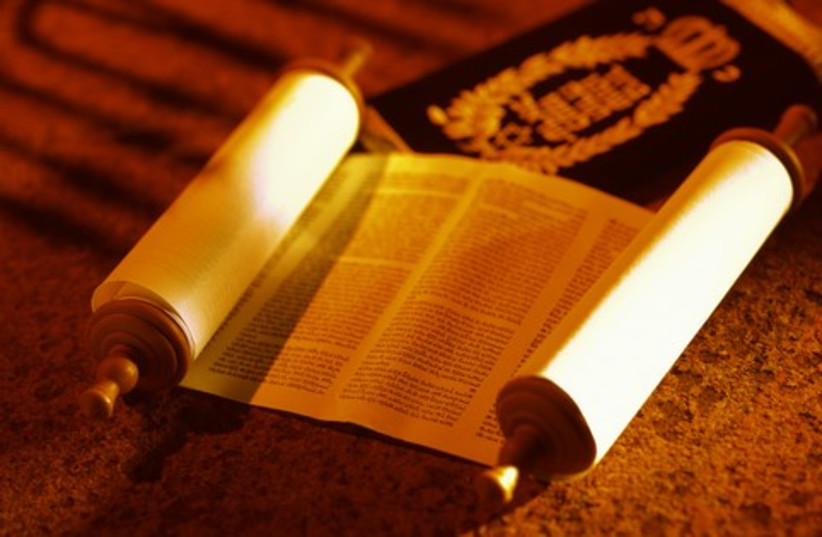In parashat Hayei Sarah, the Torah recounts how Abraham began to worry about finding a suitable match for his son Isaac. To ensure a proper match, he entrusted his loyal servant Eliezer with the task, directing him to seek a bride from his homeland and family. Abraham explicitly instructed Eliezer to adhere strictly to his guidelines, even making him swear an oath to that effect.
Eliezer embarked on his journey, accompanied by 10 camels loaded with wealth and a “deed of gift,” transferring all of Abraham’s possessions to Isaac.
Despite the uncertain length and dangers of the journey, Eliezer experienced a miracle: On the very day he left Hebron, he arrived in Aram-Naharaim (northern Syria). Upon reaching the city’s outskirts at evening, he prayed near a water well: “O Lord, the God of my master, Abraham, please cause to happen to me today, and perform loving-kindness with my master, Abraham” (Genesis 24:12).
The Torah describes how, even before Eliezer finished his silent prayer, Rebekah appeared with her pitcher on her shoulder. She was described as beautiful and virtuous. Eliezer observed her approaching the well and, according to the midrash, witnessed a wonder: The water rose to meet her pitcher, sparing her the effort of drawing water from the depths.
According to the sages (Midrash Rabbah), Eliezer was accustomed to witnessing miracles in Abraham’s household. However, this moment filled him with awe: Not only had his prayer been answered, but the journey had been miraculously expedited, and now this striking young woman had appeared. Yet, Eliezer wasn’t fully convinced she was the chosen one.

The primary test still remained: Did she possess the kind heart and good character essential for joining Abraham’s household?
The Ba’al Haturim (Rabbi Jacob ben Asher, 1269, Germany-1343, Spain), author of the foundational book of Jewish law, Arba’a Turim (“Four Columns”), explains Eliezer’s prayer: “With her I will know You have shown kindness to my master... if she will be righteous and kind.” A young woman can possess extraordinary qualities – wisdom, intelligence, beauty, and charm. The journey to her might be miraculous and filled with wonders. Yet, the condition for a suitable match lies in her having a good heart and exemplary character traits.
Eliezer had established a sign: If the young woman offered water to both him and his camels on her own initiative, she was the one. When Rebekah fulfilled this test, saying, “Drink, my lord... and I will also draw water for your camels until they have finished drinking” (Genesis 24:18-19), Eliezer was overwhelmed. Now confident that God had granted him success, he sought her family’s consent, completing the match.
An example for future generations
The Torah doesn’t share this story merely as history. The sages teach that “the actions of the ancestors are a sign for their descendants.” This narrative highlights that the foundation of a happy and harmonious family lies in the positive character traits of the couple.
True success in marriage stems not from wealth, miracles, or even brilliance but from kindness, understanding, and a good heart. The ability to love, listen, empathize, and be supportive far outweighs the ability to perform miracles or extraordinary feats.■
The writer is the rabbi of the Western Wall and holy sites.
